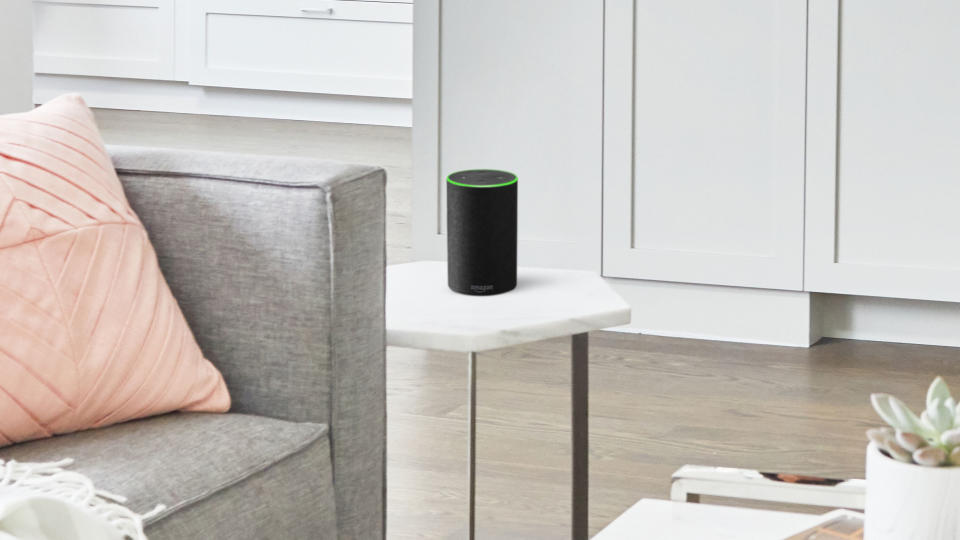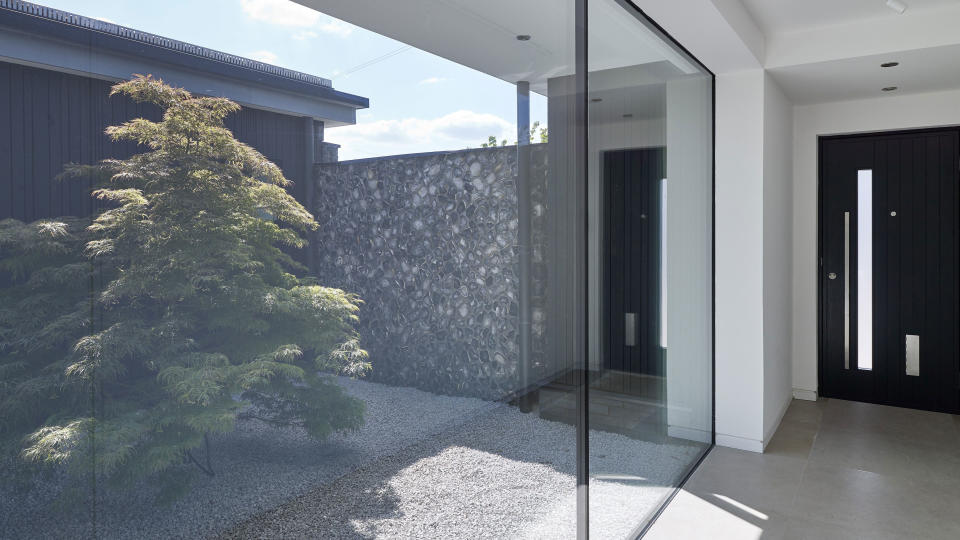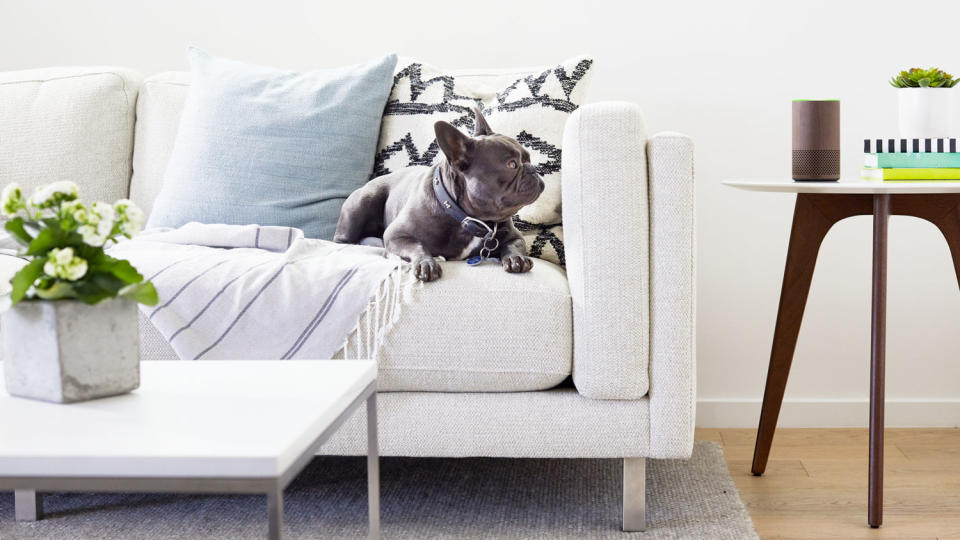What will the home of the future look like?

We are living through a revolution in home technology, with smart-home gadgets changing everything from our heating systems to how we store and order food.
It’s going to change the way we design and build homes as rooms will no longer be centred on huge televisions, racks of video equipment and wall switches.
In fact, the home of the future might seem strangely simple compared to the cluttered dwellings we live in today.
Yahoo spoke to smart home installers and international technology experts to predict how technology is going to change the way we live and what the home of the future will look like.
Homes will look retro
To people today, the home of the future might seem almost ‘retro’ in its simplicity, says James Tillyard of smart home installer Mosaic Audio & Visual.
Tillyard says, “I see the home of the future being simplified, with a large dose of what might be considered ‘retro’. Integrating the lighting, heating, cooling and ventilation, using a single control platform, is already happening on high-end properties, but it will become the normal standard”.
“This, combined with the resurgence of turntables as an audio source, a cursory glance at the room of the near future will lead you to thinking that is has technology levels more in common with the 1950s than the 2020s”.
Voice control will be built into every room

Voice command systems are already being built into the fabric of some new-build homes, with companies offering Alexa voice command capabilites built into every light switch.
In the future, homes could be controlled 100% by voice, according to Zak Vracevic of home audio installer M.E.G.A AV Installations.
Vracevic says, “Voice control is slowly creeping into our daily lives and 100% voice control will become a norm very very soon. Alexa can already read you your daily calendar appointments or compile shopping list, even switch light or TV on and off. Those who experienced it never go back!”
‘James Bond’ technology will become normal

Features such as motorised gates have previously been the preserve of the rich, but easily available smart home technologies will bring such ‘James Bond’ tech down in price.
From window blinds which glide up at the tap of a button to fireplaces which automatically ignite as you go past, such technology will become more common.
Matt Nimmons, Managing Director, EMEA of international home installer association CEDIA says, “With the help of a home tech pro, almost anything is possible, from electronic weathervanes and gas fireplaces to snow melting systems and flood detectors to motorized windows and gates.
“Home control can also give mundane tasks like heating and lighting control a futuristic kind of cool.”
There will be fewer TVs

Rooms in future homes will no longer be dominated by huge, looming flat screens, and instead people will rely on projectors and handhelds.
Sony’s Lifespace UX system was shown off in a futuristic home in which an (alarmingly expensive) short-throw projector could replace TVs, leaving rooms looking less cluttered.
Buyers of high-end smart homes are already buying fewer televisions, says Mosaic’s James Tillyard.
“We are already seeing the decline in demand for televisions,” he told us. “Where we used to be expected to install one in every bedroom, even larger family homes might now only have one in the family room and another in the master bedroom.
“In some cases there are no visible displays, with a projector being the sole fixed viewing platform.”
Technology will be ‘hidden’

Smart home installers are already seeing demand for homes which ‘hide’ technology, and in future, homes themselves will increasingly act like invisible servants.
Instead of homeowners having to replenish stocks of groceries, for instance, fridges will order it for them and lights will come on as users walk in, and switch off as they leave.
Christian Lane, CEO of smart appliance company, Smarter, says “for me the smart home is the future home, with deep-learning and seamless technology that can identify your characteristics, routines and habits while continually working unnoticed in the background of your everyday life.
“We want technology to become more ingrained in our lives and take on a more ‘human’ approach to how we interact it with it, as is the case with the likes of Alexa voice command.”
Every appliance in your house will be smart

In the future, every appliance in the home will be connected, with homeowners able to remote control them via apps or voice commands says, Fred Potter, Founder and CEO of French smart home appliance company, Netatmo.
Potter says, “the home becoming fully smart is no longer an ‘if’ but a ‘when’. We are confident in predicting that within a decade the majority of all products sold will be connected.
“While the market is currently focused on things like light fixtures, air quality sensors, security and energy, the smart home will expand to include every feature of your home.”
‘Home batteries’ will change the way we use electricity
In the future, many of us will actually sell electricity back to the National Grid, or to our neighbours, with high-capacity batteries built into our homes.
Green energy companies are already trialling ‘home batteries’, but the technology (championed by pioneers such as Elon Musk) will become widespread, with users buying cheap electricity off-peak to either use or sell on. Homeowners will also generate their own power using solar panels, and could even sell it to neighbours.
Allan Burns, director of green energy company, Ecoelectrical, says, “a smart home user-interface might well give you a dial to decide how green you want your electricity and gas to be. Peer-to-peer energy trading using new technologies such as blockchain could erode the energy monopoly in this country.”

